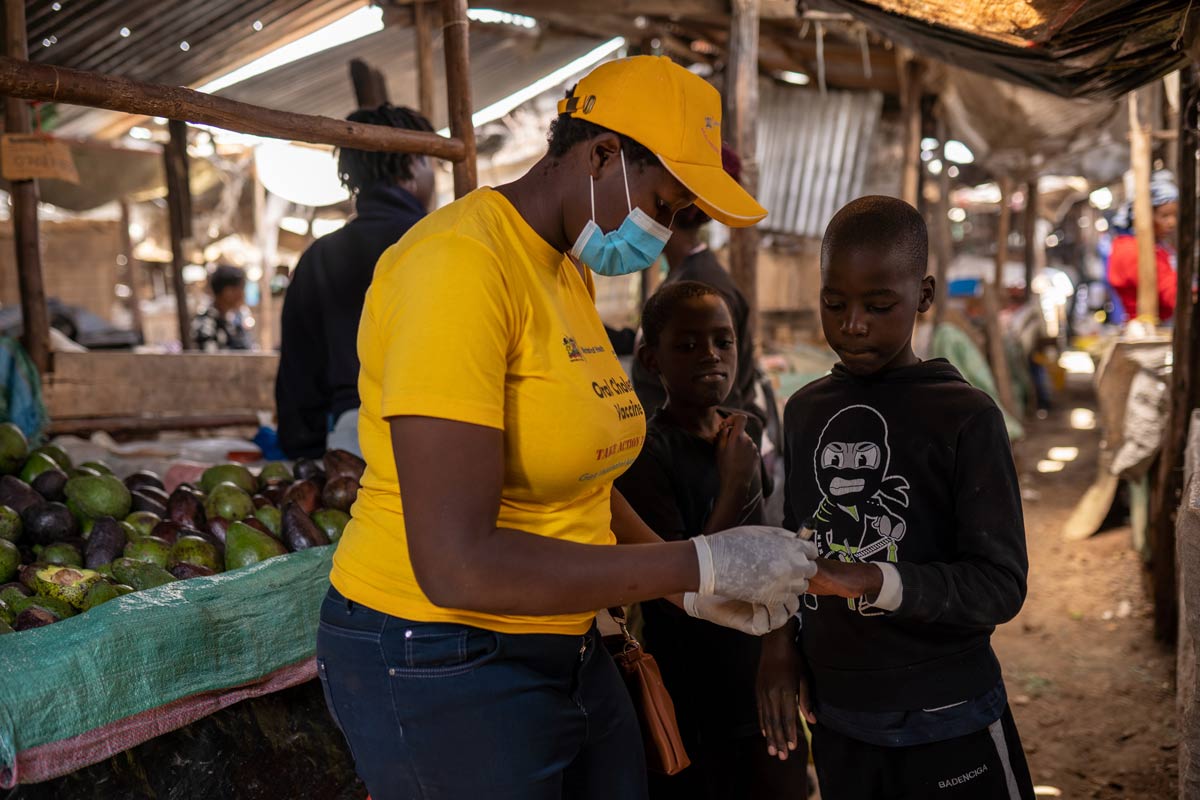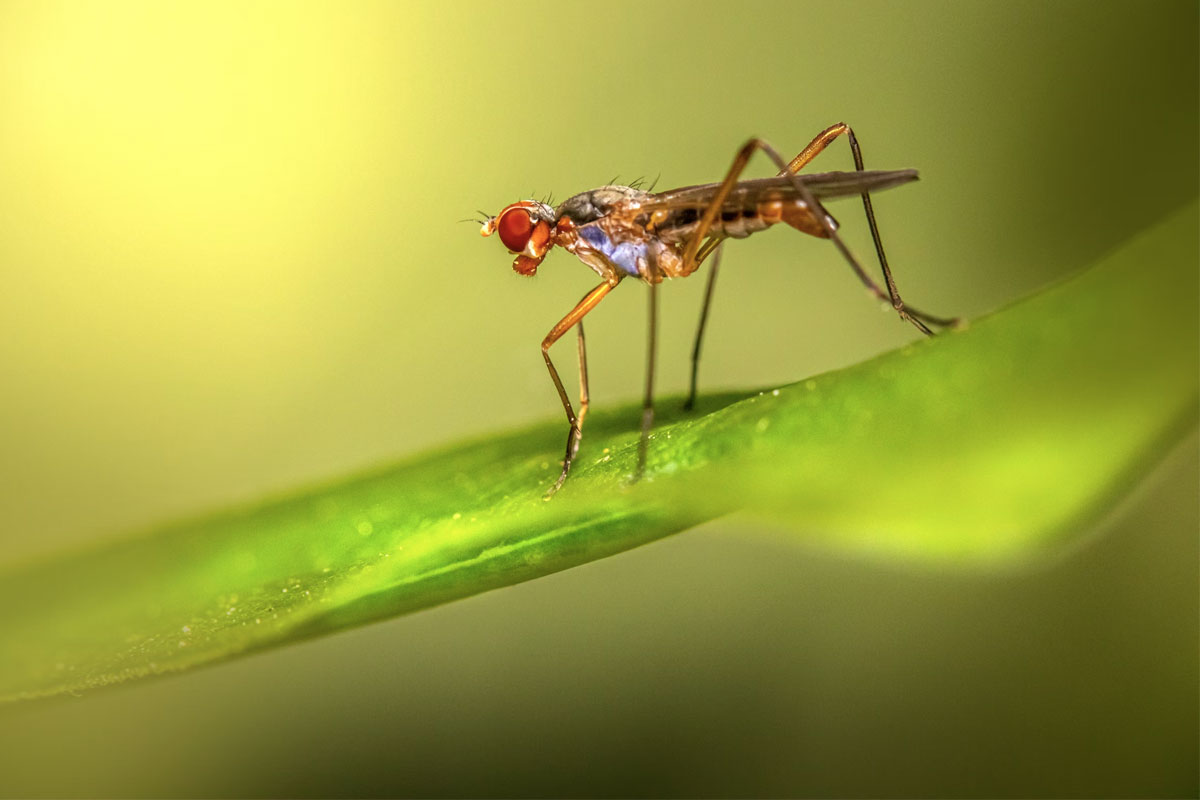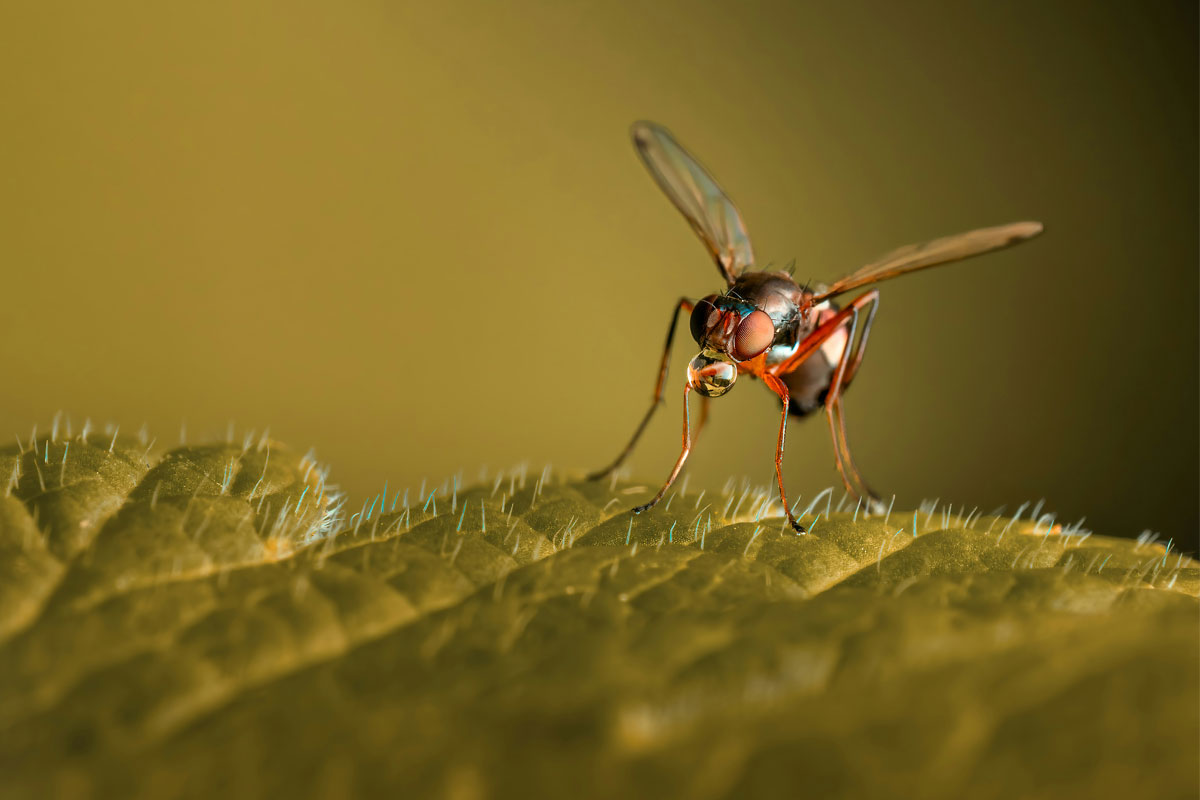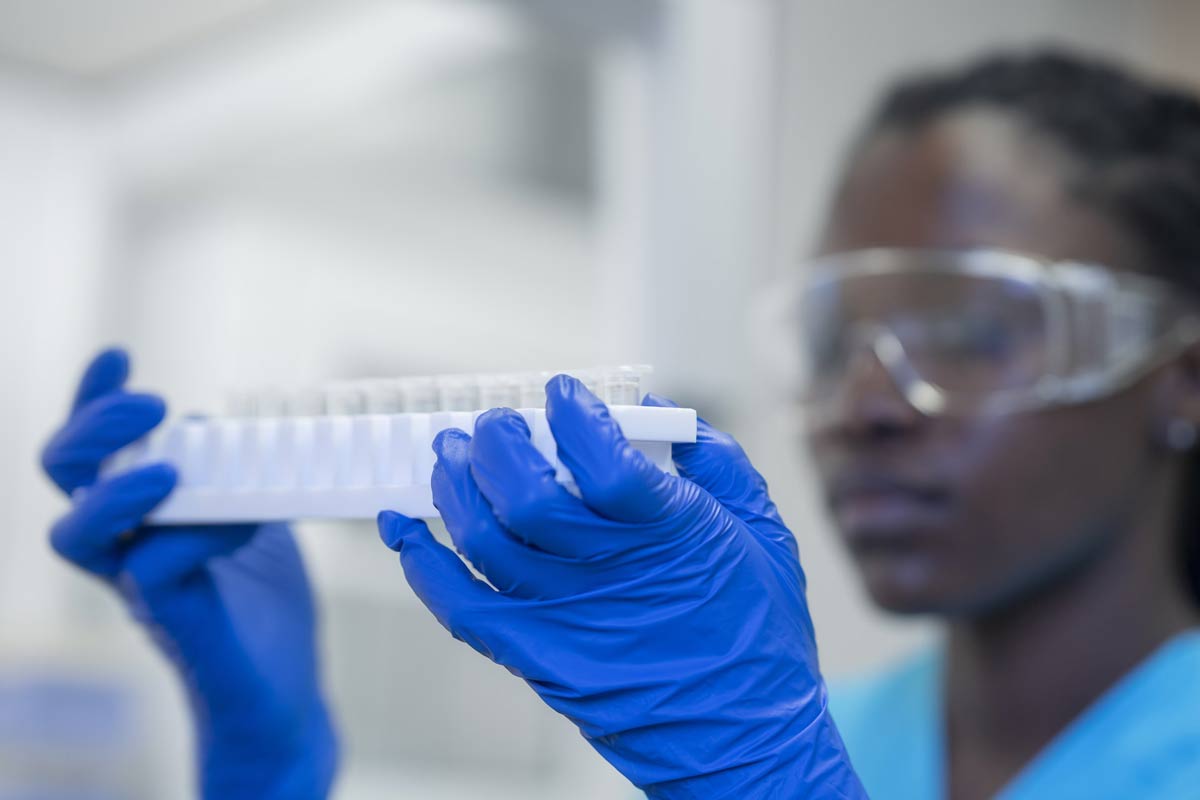Could genetic engineering make us virus-proof?
Geneticists have synthesised a strain of E Coli that contains a firewall against invading viruses; what does this mean and could we one day see virus-proof human beings?
- 11 April 2023
- 4 min read
- by Priya Joi

Researchers have engineered bacteria with synthetic genomes that could make them immune to viral infection.
By making the bacteria's genetic code more slimline and tweaking the protein-making machinery the scientists, publishing in Nature, changed the way the bacterial DNA would be translated by an invading virus, turning it into genetic gibberish.
“The combination of genome recoding and codon reassignment might provide a universal strategy to make any species resistant to all natural viruses.”
– Akos Nyerges et al, writing in Nature
This would stop a viral infection in its tracks, which could one day have implications for preventing human disease.
Replication machines
Viruses are essentially replication machines – they operate by hijacking a host's genetic code to make viral proteins and replicate over and over until the viral particles burst out of the host cells. The team, led by Akos Nyerges at Harvard Medical School, knew that stripping down the genetic code might be the way to stop the virus from replicating.
The reason that viruses are able to take over the cells of other organisms is that all living things use the same genetic coding system. Our DNA is made up of individual letters – ACTG – that represent four nucleotides: adenine, cytosine, thymine and guanine. Different combinations of these letters are organised into words or 'codons', which are translated into amino acids, the building blocks of proteins.
Lost in translation
However, most genomes (the complete set of genes or genetic material present in a cell or organism) have a lot of redundancy and many amino acids can be created by multiple different codons, so the genome may still be able to function with some of the codons removed.
This led George Church, the head of the laboratory Nyerges works in, to wonder back in 2004 whether extra codons could be eliminated along with the tRNA (transfer RNA) that has a key role in making proteins. This would make some codons dead ends, preventing the virus from exploiting the host genome to make proteins.
Have you read?
Church's team has been experimenting since 2016 with Escherichia coli bacterial strains with codons removed. They now have a strain of E.coli which contains a mistranslation that effectively sets up a genetic firewall against viral invasions.
As a safeguard, the team repurposed a third codon so that if the virus-resistant organism ever escaped it would instantly die.
Virus-proof human cells
Nyerges and his colleagues don't specifically point to the potential for using this technology to protect human beings from viral attack, but they end their paper with this: "The combination of genome recoding and codon reassignment might provide a universal strategy to make any species resistant to all natural viruses."
However, recoding human genomes is a totally different matter. Columbia University virologist Vincent Racaniello warned that "Multiple codons exist for a reason – among others they provide a buffer against lethal mutation."
This has not stopped geneticists from attempting to recode human genomes. Genome Project-Write announced it would synthesise a human genome from scratch, though it has now downsized to 'Project Recode' that will attempt to make virus-resistant human cells. The researchers believe that if they can make a cell line that resist viruses, they could also create resistance to prions: a type of protein that can cause disease in animals and humans by triggering normally healthy proteins in the brain to fold abnormally.
“It’s unclear if they understand that the first step, which has to be the beginning of the project, is to ask: is this a good idea?”
– Professor Laurie Zoloth, Northwestern University
This is also Church's vision. In his 2012 book, Regenesis: How Synthetic Biology Will Reinvent Nature and Ourselves, Church describes the "the climax" of synthetic biology as the creation of humans with genomes that are immune to all viruses, including HIV and herpes.
Scientists like Racaniello continue to warn that "Recoding the human genome in this way is not likely to be without serious side effects." There are profound ethical implications too. Laurie Zoloth, a professor of religion and bioethics at Northwestern University has said: "It's unclear if they understand that the first step, which has to be the beginning of the project, is to ask: is this a good idea?"
More from Priya Joi
Recommended for you








